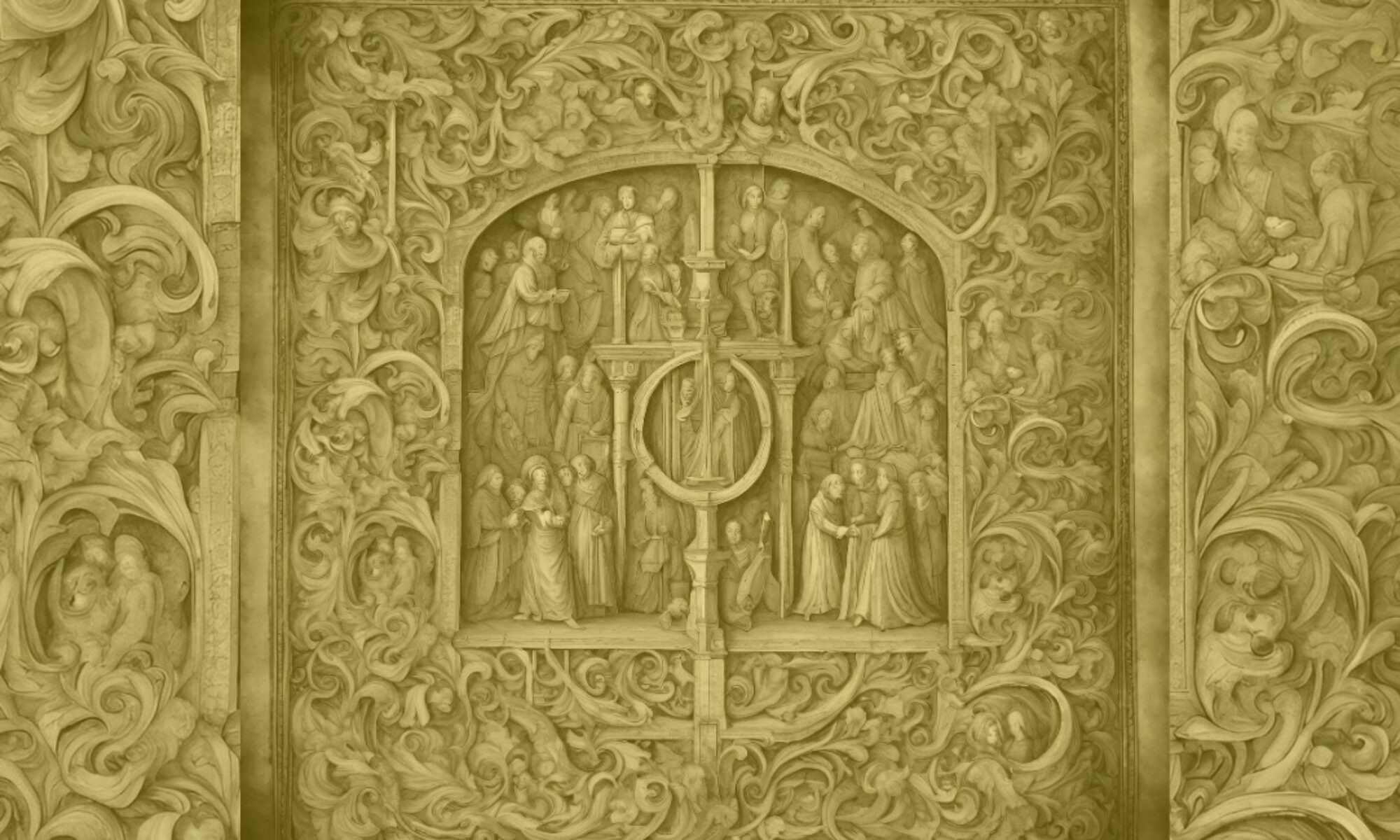Abigail’s presentation is called “Medusa: Shadow to Shield — The Dramatherapeutic Use of the Mythical Dark Feminine for Modern Female Empowerment”

When we picture Medusa, we see the monstrous, deadly creature with snakes for hair. The vicious killer who could turn even the strongest of heroes to stone with just a look. But who was the women behind the monster? Listen to her tale then decide for yourself, Medusa – villain or victim? Monstrous or misunderstood?
Dramatherapy uses myth as a powerful therapeutic tool. By engaging with myths in an embodied way, dramatherapy allows individuals to explore universal themes and archetypal characters, both at a conscious and unconscious level. At the same time, myths offer a safe and imaginative space where individuals can project their own deeply personal struggles, conflicts, and desires onto the characters and events, gaining new perspectives and insights. Furthermore, myths often contain transformative journeys, symbolic rites of passage, and powerful metaphors that parallel the psychological processes individuals undergo during therapy. By immersing themselves in the mythic realm, participants in dramatherapy can tap into their inner resources, access buried emotions, and discover hidden strengths. The use of myth in dramatherapy, therefore, serves as a bridge between the personal and the collective, enabling individuals to connect with universal human experiences, find meaning in their struggles, and embark on a path of healing and personal transformation.
Medusa: Shadow to Shield, was a women’s circle and dramatherapy workshop which used storytelling, embodiment and art-making to explore the myth, focusing on self-understanding and female empowerment. Following this workshop’s structure and using its content, this presentation will allow you to explore the myth for yourself, whilst giving you an insight into the broader use of myth in dramatherapy.
About Abigail
Abigail Nelson is a dramatherapist and creative wellness facilitator in Edinburgh, Scotland. Abigail attained an MA in Dramatherapy from Roehampton University in 2022 and is now registered with the UK’s Health and Care Professions Council and a member of the British Association for Dramatherapists (of which she is currently the Executive Intern). Abigail provides one-to-one and group dramatherapy in a community therapeutic arts and mental health charity, The Alma Project. She also works freelance, facilitating creative wellness workshops, events and retreats (where she works therapeutically with nature). You can see her previous and upcoming events, plus more information, on her website at www.abigailnelson.co.uk.




